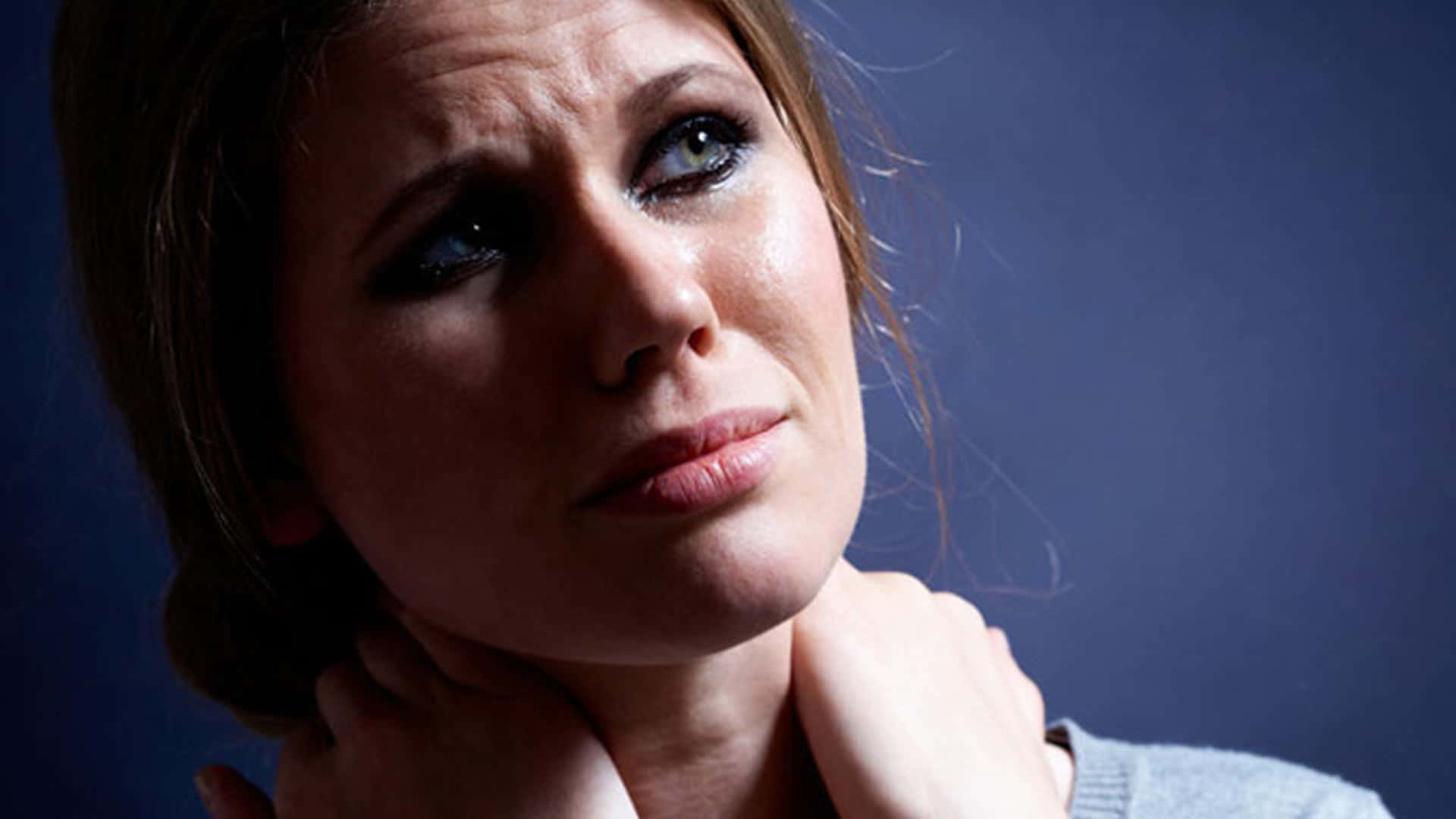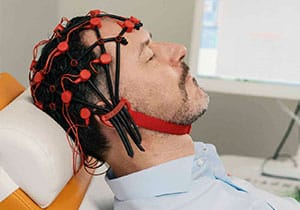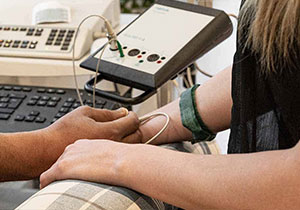
Fear
Fear is a basic feeling and has been deeply rooted in humans since time immemorial. It triggers an alarm reaction in us, which manifests itself with pronounced physical symptoms. Fear has a protective function, it saves us in dangerous situations — often on an unconscious level. In some people, however, fear can become excessive, often in connection with traumatic life events or unfavorable anxiety-reinforcing behaviors. This is referred to as an anxiety disorder or anxiety disorder. These pathologically exaggerated, unrealistic and diverse fears are among the most common mental illnesses alongside depression.
These symptoms and complaints may indicate an anxiety disorder:
- Anxiety without a real threat
- Occurrence of physical symptoms: headache, visual disturbances/dizziness, sudden pain in the heart area, palpitations, palpitations, sweating (possibly including night sweats/night sweats), trembling, loss of appetite, nausea/vomiting, diarrhea
- Occurrence of psychological symptoms: Nervousness, irritability, restlessness, chronic fatigue
- Unusual anxiety in duration, intensity and frequency
- Tension, anxiety and fears in relation to everyday events and problems
An untreated anxiety disorder can become increasingly independent, resulting in
- “Fear of fear” (anticipatory anxiety)
- Social withdrawal, triggering places and situations are avoided
- Feeling of being at the mercy of others
- Difficulty falling asleep and staying asleep
- Addictions, especially to alcohol or medication (sleeping pills)
- Loss of control
- Problem in partnership or family as well as in professional life




